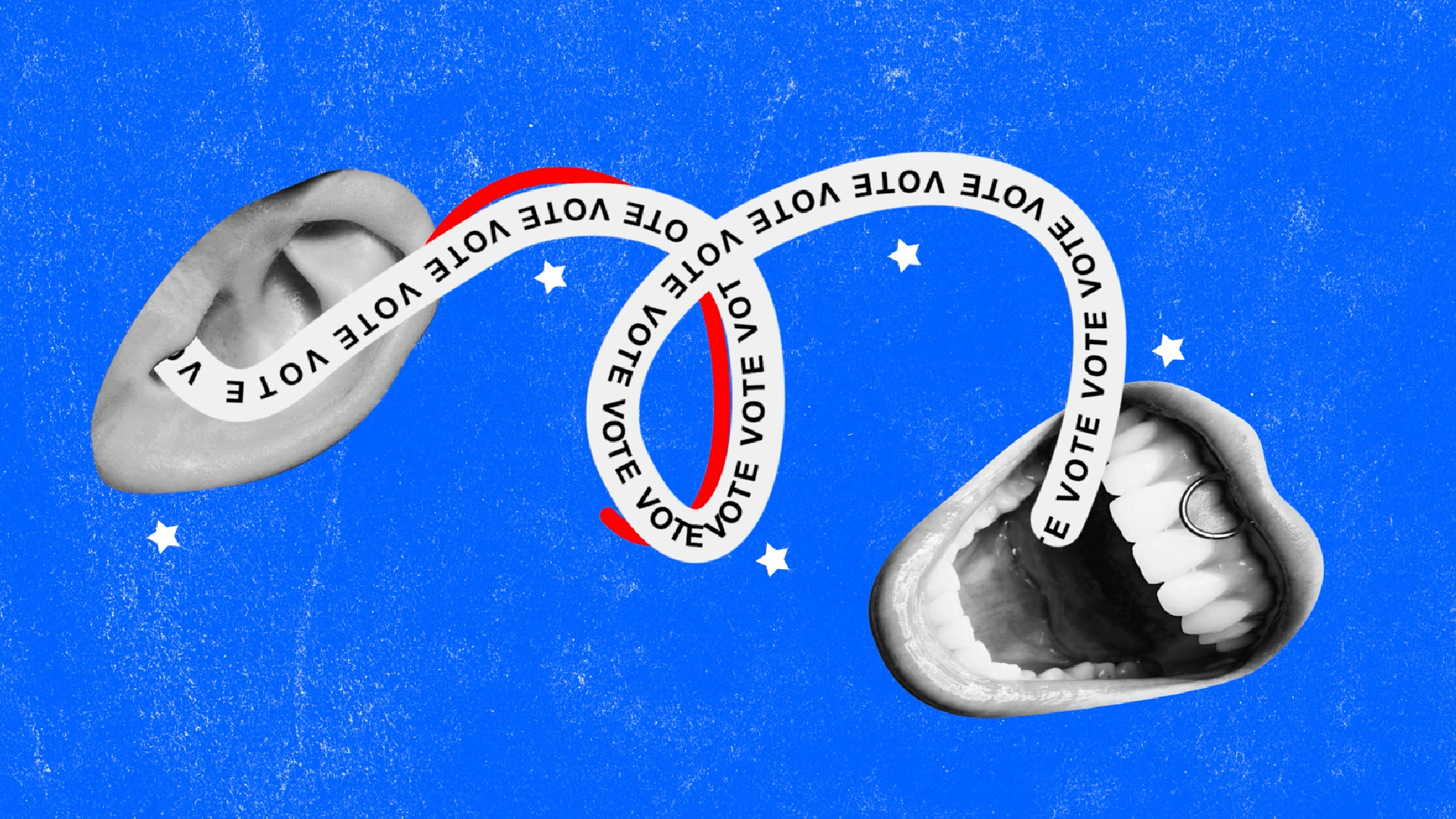
Not one but several elephants in the room of the European Elections
The European elections of June 9, 2024, may mark the transition to a new political and economic reality, harsher and more uncertain than what we are experiencing today, the main characteristics of which seem to have been crystallized throughout the previous period.
The first and main characteristic is the rise of far-right and eurosceptic forces across the 27 member-states of the European Union (EU). A trend that has been steadily reinforced in recent years but now takes on structural dimensions within the European framework. Our country, like many other member-states, is not immune to this trend, and the question that arises now is to what extent the dynamics of far-right and eurosceptic forces will be confirmed at the ballot box and how the outcome of the elections will affect the formation and relationships of political groups in the new composition of the European Parliament and the European Commission.
The second characteristic is the deep connection between critical but different political agenda issues and the way civil society interacts with them. What are these issues? The first is social, regional, and income inequalities. The second is the housing crisis, the third the refugee and migration issue, and the fourth the climate crisis. These four issues are interconnected and produce policies at both national and European levels that either tend to be deficient, i.e., do not address the root causes that generate them, or become the subject of political exploitation by far-right and populist forces. A characteristic example is the simplistic narrative that has been consistently promoted in the public European discourse by conservative political and social forces in many member-states, which gives conspiracy dimensions to the climate crisis, connects refugees with the increase in inequalities, or interprets the housing crisis simply as a result of a shortage in building stock, demanding new investments in construction projects that have a dubious environmental footprint, leaving out of the discussion significant and critical dimensions.
The third characteristic that has been crystallized throughout the previous period and is expected to be reflected in the ballot box of the European Elections concerns the energy issue and the self-sufficiency that the EU fails to ensure for its citizens. The energy crisis and insecurity, which peaked with the Russian invasion of Ukraine and continues to this day, strengthen those forces that speak of the failure of the European vision and the founding goals of the Union, calling for a looser membership based on stronger nation-states, a Union that will emphasize more on those elements that divide societies rather than on policies that bring them closer together, such as the principle of cooperation and solidarity, the freedom of movement of people, goods, and commodities, as well as the security provided within the European borders in a geopolitical environment that is particularly unstable and volatile.
All of the above issues emerge in their public sphere in the months leading up to June, calling both the research community and civil society to take a stand, discuss, propose, highlight proposals and policies, and, above all, address the problems and challenges. This is what we seek to do at ETERON with the Perspectives of the European Elections 2024.
